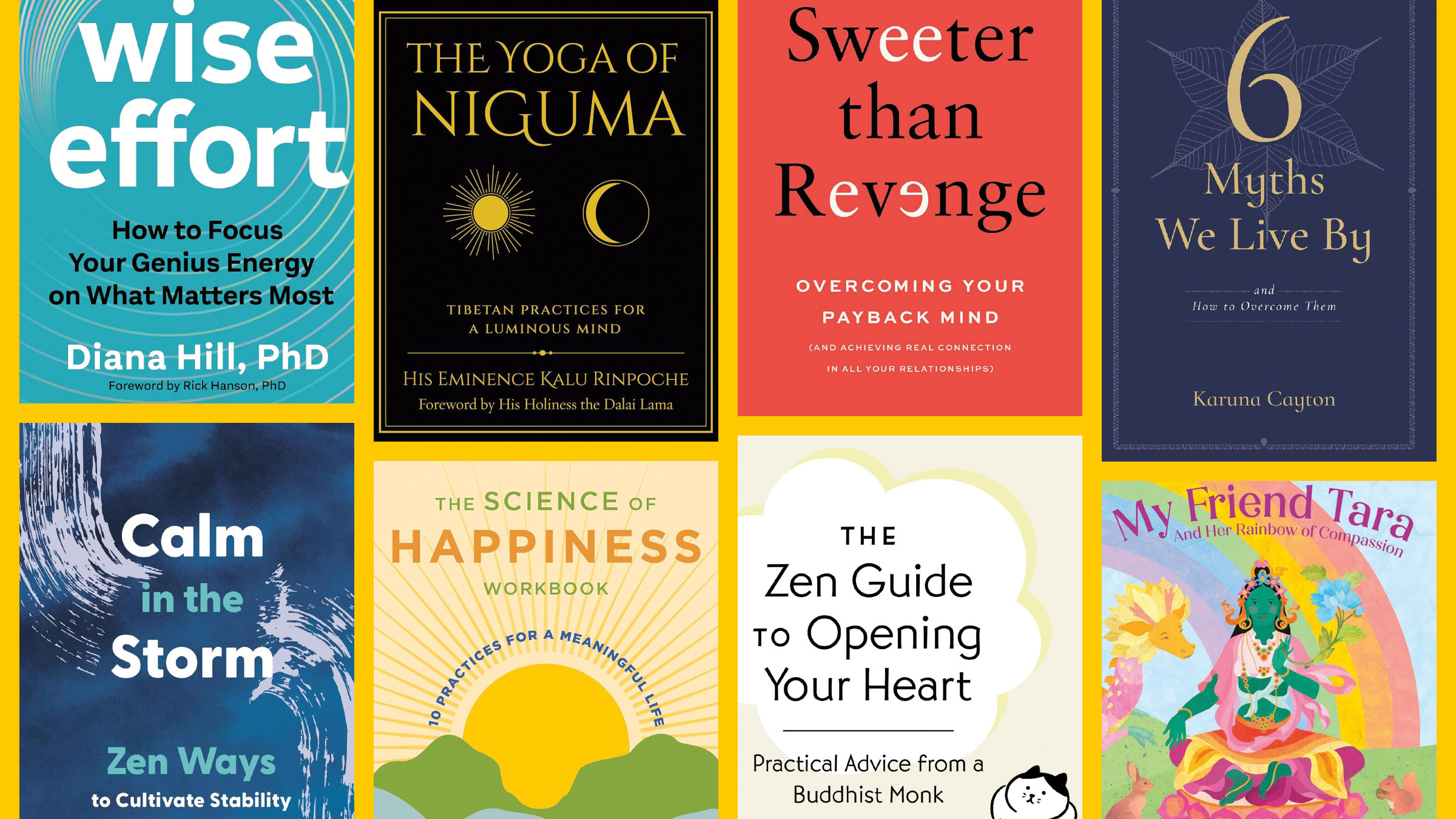5 Ayurvedic Secrets to Keep You Healthy This Winter
The OGs of holistic medicine. The post 5 Ayurvedic Secrets to Keep You Healthy This Winter appeared first on Camille Styles.

There’s limitless magic that comes with establishing routines. And as we continually dive deeper into the world of wellness, we encounter rituals and practices that have existed in cultures for centuries. Ayurveda is perhaps one of the most prominent, and it’s also the oldest model of holistic health care, dating back three to five thousand years. Among the many truths rooted in Ayurveda is our connection to the natural world. That’s why today, we’re sharing Ayurvedic winter tips to help you stay well this season.
Featured image by Kristen Kilpatrick.
1 of 7

Subscribe
Get Breathing Space
A twice-monthly note from me to you. What's currently on my mind, in my cart, on my plate, and more. Drop your email to subscribe.
Thanks for Signing Up!
Oops!
Looks like you’re already signed up or your email address is invalid.
Oops!
Looks like you unsubscribed before click here to resubscribe.
What is Ayurveda?
“Ayurveda is this idea that when you live in harmony with nature, you will have optimal health and a vibrant life,” Dr. Avanti Kumar-Singh, a former physician who now works as an Ayurveda wellness expert, previously shared with us. Ayur means life and Veda means science in Sanskrit. In essence, Ayurveda translates to “the science of life.”
According to Deepak Chopra (perhaps the most well-known modern practitioner), Ayurveda includes two main theories:
1. The mind and the body are inextricably connected
2. Nothing has more power to heal and transform the body than the mind
Deepak sums it up like this: “Freedom from illness depends upon expanding our own awareness, bringing it into balance, and then extending that balance to the body.”
2 of 7
5 Ayurvedic Winter Tips
In Ayurvedic medicine, everything consists of the five earth elements: fire, ether, water, air, and earth. Ayurveda believes that these elements are what unite all humans. Each element is manifested through the three doshas: Kapha, Pitta, and Vata.
We each have a different combination of the three doshas and tend to lean toward one type. (To discover your dosha, take this quiz. However, know that the tips below can be applied to any dosha type.) Fully understanding the intricacies of Ayurveda can take years, but there are Ayurvedic winter tips that can easily be woven into our daily lives. Below are my favorite nods to Ayurveda that will help you thrive this winter.
3 of 7
Get Things Moving Early in the Morning
An important theory in Ayurveda is that of “digestive fire.” Gut health is considered central to overall well-being. We are learning more and more through modern science about the importance of gut health and how connected it is to major disease processes and overall immunity.
What to do:
Every morning upon awakening, drink a large glass of warm filtered water with fresh lemon juice. (You can learn more about the benefits of lemon water here.) If your body leans toward constipation, add bitters to your water to aid in digestion. If your body leans toward diarrhea, add fresh mint or ginger to your warm water.
4 of 7
Eat for the Season
Ayurvedic medicine thrives on the theories of a seasonal routine. By balancing your diet and lifestyle with the season, you’re setting yourself up for optimal health. Ayurveda teaches that like brings on like and counter-balancing a season with diet can help you reach a greater state of equilibrium. In other words, because winter is a dry, cold, and overall rough season, you should eat foods with opposite qualities to achieve balance.
What to do:
In the winter, it’s important to move away from raw and cold foods. Instead, focus on eating warm foods with healthy fats, hardy vegetables, warming spices, and hot beverages.
Try incorporating more of these foods in the winter:
Healthy fatty oils like coconut oil or olive oil.
Hardy root vegetables like onions, carrots, squash, pumpkin, beets, and sweet potatoes.
Warming spices. I like to make the following spice blend at the beginning of the season and keep it on my spice rack to add to veggies, teas, warm milk, chicken, or grains.
Ayurvedic winter spice blend: 6 parts turmeric, 3 parts cumin, 3 parts coriander, 6 parts fennel seed, 1 part powdered dry ginger, 1 part black pepper, 1/4 part ground cinnamon. 5 of 7
Swish Away Bacteria on the Daily
Oil pulling is an oral Ayurvedic tradition that is similar to the idea of using mouthwash. Current scientific research has shown that daily oil pulling can prevent gingivitis and cavities. Of course, it shouldn’t take the place of good dental hygiene. However, oil pulling can be a fantastic addition to your routine. Additionally, taking time to complete a gentle meditative routine is always a positive.
What to do:
Measure one tablespoon of coconut oil and swish the oil in your mouth. Pull the oil gently through your teeth and around your gums (don’t swallow it!). It should be tasty and soothing. The goal is to get up to 15-20 minutes of swishing per day, however even just 5-10 minutes will be helpful. I like to use it in the morning before and during showering. Be careful not to spit it down the drain or toilet as hardened oil can clog pipes. Spit in the trash or in a jar to dispose of later.
6 of 7
Find a Way to Move Every Day
Walking is considered a tri-doshic exercise, meaning that no matter your dosha type, walking will help balance your mind, body, and soul without strain. In addition, walking after meals aids in digestion and supports the “digestive fire” that is so important in Ayurveda. In western medicine and science, we also know that walking supports heart health, strengthens muscles, and improves bone density. Why not make walking a habit?
What to do:
Schedule a daily walk after your heaviest meal of the day. (In Ayurvedic tradition, breakfast and dinner should both be light, making lunch your heaviest meal.) However, for most Americans, dinner is the heaviest meal. If that’s true for you as well, make it a habit to stroll through your neighborhood post-meal. This movement increases blood flow to your intestines and stomach, which aids in digestion.
7 of 7
Live in Tune with Nature
Routine is a beautiful way to align your energy, organize your life, and focus on your goals. In Ayurvedic medicine, routine is deeply important and should follow nature’s cues. A routine should be predictable and match the shifts of the sun and seasons. In fact, your body is already programmed to follow the earth—you have an innate inner cycle called the circadian rhythm. Ayurvedic medicine encourages you to pay attention to this inner rhythm and the earth in regards to waking, energy expenditure, eating, and sleeping.
What to do:
Remember these are suggestions. Take them as loosely or seriously as you’d like—I like to think of the cycle of the earth as a general energetic guide.
6 a.m. Rise with the sun every day, preferably by this time. The early morning is a slower, lower energy time so be gentle with yourself and your body.
6-10 a.m. This is a good time to eat a light breakfast. Consider meditating, light exercise or yoga, and gently start your work day.
10 a.m. – 2 p.m. This is your most energetic time. Exercise and eat lunch (you have lots of energy to digest a big meal). Generally, this is your most productive time. Schedule tasks or work events that require you to be on point during this period.
2 – 6 p.m. This is when things begin to slow down again. Listen to your energy and save tasks that are less mentally taxing for this part of the afternoon. Ayurveda also suggests eating dinner before 6 p.m. for optimal digestion and health.
6 – 10 p.m. You should ideally be asleep by or around 10 p.m. When the sun goes down, begin to wind down yourself. Gentle yoga or meditation is also good in this time block.
10 p.m. – 2 a.m. Hopefully, you’re asleep during this window. Ayurveda believes this time is important for rejuvenation, rest, and digestion. If you’re not, begin to wind down and do something relaxing to encourage rest. If you can’t sleep, a cup of hot milk with warm spices is the Ambien of Ayurveda and has scientifically proven qualities to promote sleep.
This post was originally published on January, 9, 2020, and has since been updated.

 MikeTyes
MikeTyes 
































